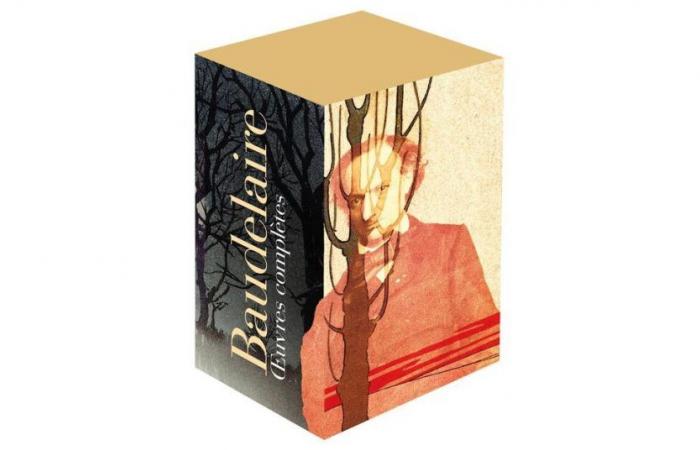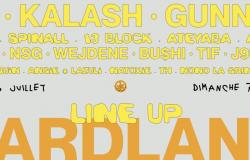It is the crossing of an extraordinary poetic adventure, moral and philosophical that is offered to us with this new edition, the fifth, of the complete works of Baudelaire in the Pléiade. For the first time, it is no longer split between poetry and criticism, but follows as closely as possible the chronological order of writing and publication of the texts. We move from the first verses in Latin and others Living rooms dedicated to the exploration of modern life in the poetic massifs of Flowers of Evil, in its two versions – the first from 1857, censored following a trial for “crime of outrage against public morality” (which was only cancelled in 1949), and the second, enriched four years later – followed by Artificial paradises and the magnificent My heart laid bare. At the heart of the revolution that bears Baudelaire’s name is the invitation to seek beauty and poetic truth elsewhere than in the pantheon of beautiful things: in the ugliness of a carcass as in the observation of a passer-by or a killing. As indicated by the address to the reader of the Flowers of Evil, It’s about having the boldness to find beauty in “poison, dagger and fire” to deceive an even greater evil, boredom. And, each time, the poetic effect arises in the short circuit between the positive and the negative – “the horror and ecstasy of life” – that the poet brings into contact by seeking to make appear the “reversibility” of every thing and every being: “Angel full of joy, do you know anguish? […] / Angel full of kindness, do you know hatred? […] / Angel full of health, do you know about Fevers? […] / Angel full of beauty, do you know wrinkles? […] ».
This oscillation is political at the same time as poetic: “I understand that one deserts a cause to know what it will be like to serve another, is it said in My heart laid bare. Perhaps it would be sweet to be alternately victim and executioner.
But it is above all aesthetic. In The Painter of Modern Life, Baudelaire made it the heart of his definition of modernity: “It is the transitory, the fugitive, the contingent, half of art of which the other half is the eternal and the immutable.” As André Guyaux and Andrea Schellino point out in the introduction to these two volumes, the “meeting of opposites” which is at work in Baudelaire’s aesthetics comes from the claim of an unprecedented right, the right to contradict oneself, which the poet considers the most important… along with that of leaving.






